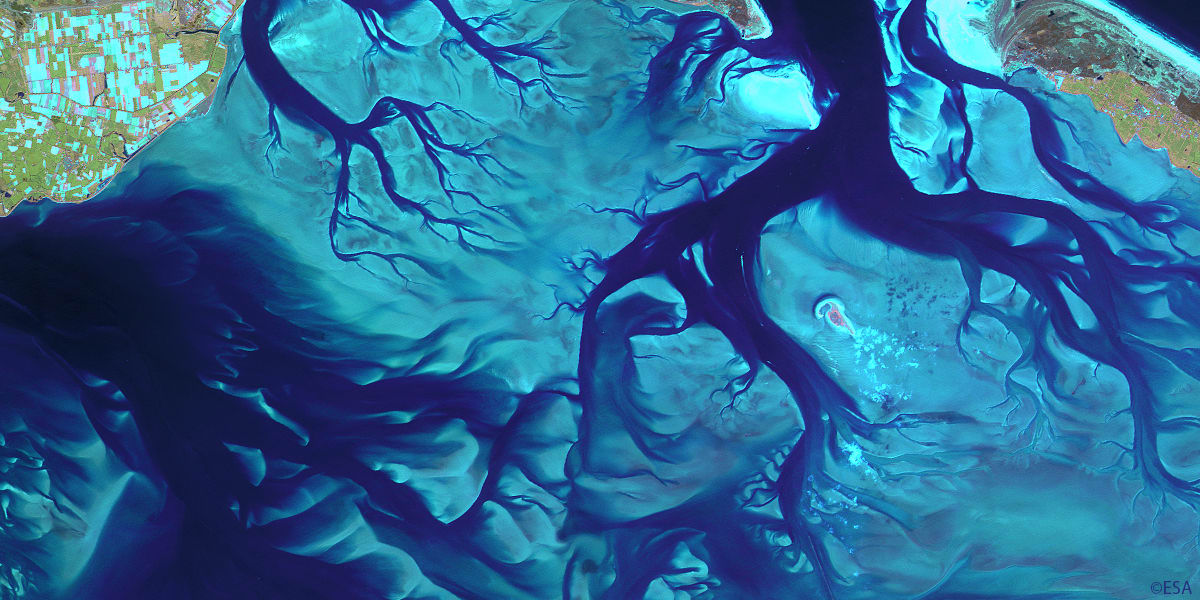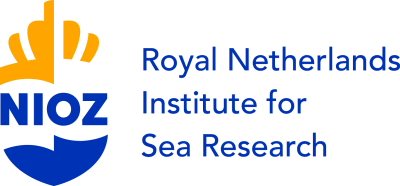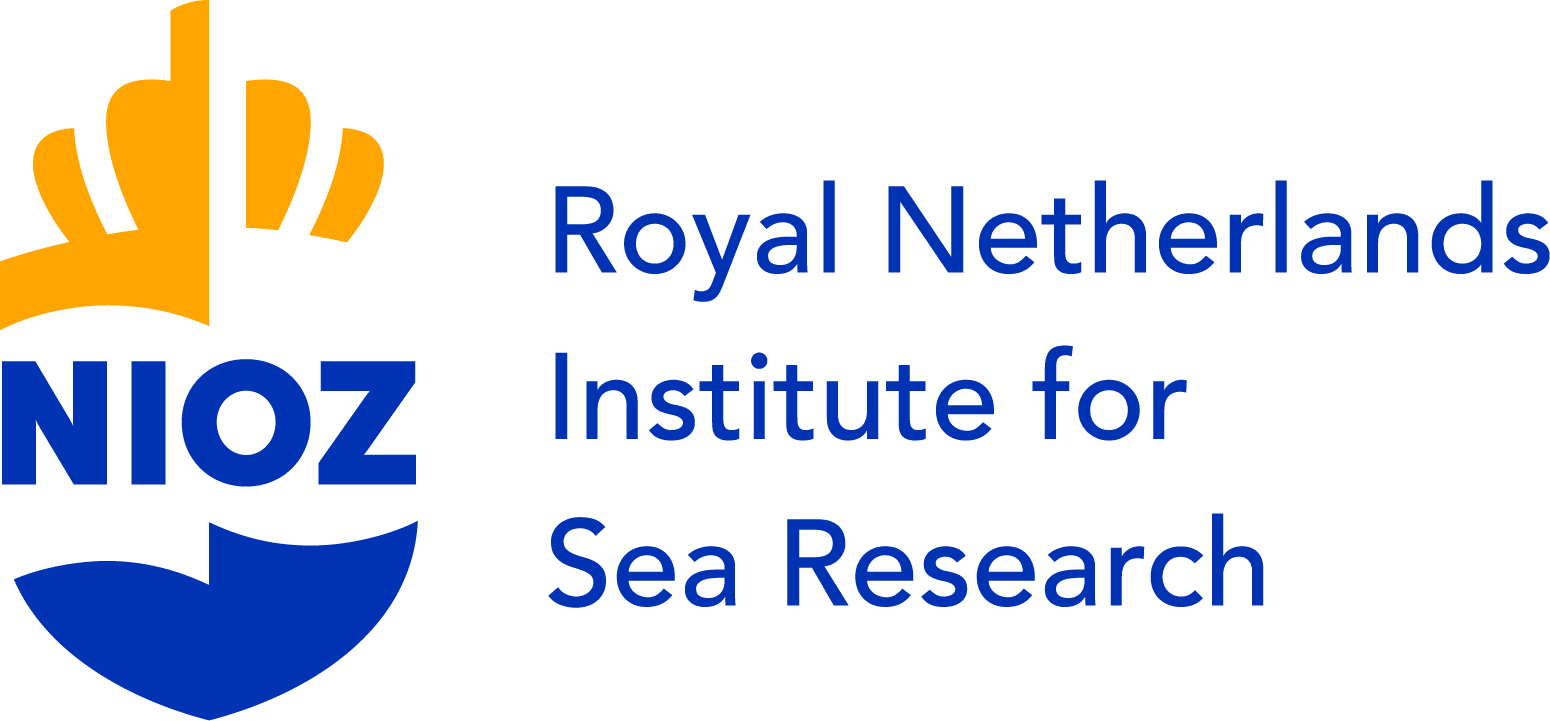
Postdoc position: "Tipping points in past climate and environment"
Hybrid- 't Horntje, Texel, Noord-Holland, Netherlands
Ocean systems (OCS)
Job description
The department of Ocean Systems (OCS) is looking for an enthusiastic and motivated Postdoc candidate to work on rapid climate changes in the past using novel statistical tools. We are looking for a candidate with either a background in paleoceanography/paleoclimatology and a keen interest in novel statistical tools or, alternatively, a candidate with a background in statistics/mathematics and a keen interest in paleoceanography/paleoclimatology. This position is part of a larger project designed to use the sediment record as archive to assess whether an Earth system has a tipping point, determine processes involved, and elucidate whether we can forecast tipping points. The project is part of the Vidi Talent Programme scheme funded by NWO awarded to Dr Rick Hennekam. The position is offered for a period of 24 months, working in close collaboration with other experts at NIOZ, GFZ Potsdam, Wageningen University, Waterloo University, and McGill University.
ROYAL NIOZ
NWO-NIOZ Royal Netherlands Institute for Sea Research is the Dutch national oceanographic institute and principally performs academically excellent multidisciplinary, fundamental, and frontier applied marine research addressing important scientific and societal questions pertinent to the functioning of the ocean and seas. NIOZ includes the National Marine research Facilities (NMF) department that operates a fleet of research vessels and the national pool of large seagoing equipment, and supports excellence in multidisciplinary marine research, education, and policy development.
THE DEPARTMENT
Researchers in the Department of Ocean Systems (OCS) study open-ocean processes from a variety of disciplines including physical and chemical oceanography, marine geology, paleoceanography and deep-sea ecology. We investigate the past and present ocean in order to assess its future role in the Earth system. We collect data during oceanographic research cruises and conduct experiments both at sea and in the laboratory at our home base on Texel. The department carries out work in diverse environments all around the globe, from the Antarctic to the Arctic, and from the Caribbean to the North Sea.
THE PROJECT
Abrupt and irreversible changes, known as tipping points, in Earth's systems are a growing concern for scientists, policymakers, and the general public. Several components of our planet may cross these thresholds due to human activities leading, e.g., to sudden polar ice loss, swift changes in ocean circulation, or abrupt oxygen loss in ocean areas. Predicting such responses is crucial to mitigate sudden, unwanted effects on humanity. However, we often lack the observational time series needed to determine whether Earth's systems contain tipping points.
To address this knowledge gap, the NWO-funded Vidi project ‘TIP-TOP’ aims to use sediment records as archives to assess whether an Earth system has a tipping point, determine the processes involved, and elucidate whether we can forecast these tipping points. We will develop and apply a novel approach on new and existing sedimentary paleo-records to identify potential tipping-point behavior in such systems. This will enable more accurate predictions of these systems' responses and provide a general approach to improve tipping-point risk assessments for other Earth systems using sediments.
The postdoc position will primarily focus on the statistical tools to better understand and predict tipping points. The project is led by NIOZ, with partners from Wageningen University, ETH Zürich, GFZ Potsdam, Waterloo University, and McGill University.
THE POSITION
Your role in the TIP-TOP project will involve applying and developing new statistical tools to forecast and predict tipping-point behavior in Earth systems using sediment records. You will collaborate with leading experts in the mathematics of tipping points from Wageningen University, Waterloo University, and McGill University. This collaboration will help you gain knowledge in statistical approaches, including machine learning, to understand abrupt and complex system responses from paleo records.
Specifically, you will apply these tools to reconstructed high-resolution paleo-records of Mediterranean marine (de)oxygenation and North African ecosystem changes, which are part of another work package in the TIP-TOP project. Some of this sediment material still needs to be retrieved, so if the starting date permits, you can likely join an already scheduled research expedition with the Dutch research vessel R/V Pelagia in February 2025 to collect sediment cores near NW Africa. In collaboration with partners (e.g., from Utrecht University) we also aim to model these system responses to better understand the underlying processes.
You will lead and contribute to peer-reviewed publications, share your results online with the research community, as well as present the project results at international conferences, while also actively working together with a PhD student whose project focuses on high-resolution reconstruction of abrupt climatic changes.
Job requirements
THE CANDIDATE
We are seeking a candidate who has either (i) completed a PhD in paleoceanography, paleoclimatology, geochemistry, marine geology, or a related field with a strong interest in mathematical/statistical tools, or (ii) completed a PhD with a focus on mathematics/statistics and who has a keen interest in past climate and oceanography. This position is particularly suitable for an entry-level postdoc. Additionally, the ideal candidate will meet several of the following criteria:
- Interest or experience in using proxy records to reconstruct past climate and oceanography.
- Interest or experience in statistical tools and their application to timeseries.
- Proficiency in programming languages (e.g., R, Python, etc.) is advantageous.
- Willingness and aptitude to develop basic laboratory skills and/or affinity with laboratory work.
- Ability to independently plan and organize work, with an interest in taking a leadership role.
- Enthusiasm for multi-disciplinary teamwork and problem-solving.
NIOZ wants to be a transparent institute with a healthy working climate and an inclusive culture, where people from diverse backgrounds and gender bring their talents and further develop these talents. We aim for inclusive decision-making processes and expect our leadership to show visible commitment, awareness of bias, and cultural intelligence.
Preferably, you will start this postdoc position at the end of 2024 or the beginning of 2025. The work will be conducted at NIOZ Texel (Netherlands).
THE CONDITIONS
- Employment of this full-time position at Royal NIOZ is by NWO-I for a duration of 24 months.
- Salary compliant with CAO-WVOI (Collective Labour Agreement for Dutch Research Institutes) scale 10.
- The freedom to fulfill your role as well as space and opportunities for your personal (talent) development with the help of the NIOZ Academy.
- 338 annualized holiday hours for a full-time 40-hour work week.
- Pension scheme via ABP, 8% holiday allowance and a year-end bonus of 8.33%.
- 2nd class public transportation travel for commuting is reimbursed 100%.
- Employment benefits plan to exchange a portion of your salary for days off or vice versa, or can be used to purchase a bicycle with tax benefits.
- We offer relocation expenses for employees coming from abroad and support with finding accommodation.
MORE INFORMATION
For additional information about this vacancy, please contact the project leader Dr. Rick Hennekam. For additional information about the procedure, please send an e-mail to working@nioz.nl
Closing date for applications: 6th of October 2024.
or
All done!
Your application has been successfully submitted!

